It’s a testament to the power of Labor’s factions that Mark Butler was able to remain spokesman for environment/climate change/energy for over seven years while overseeing a disastrous, election-losing set of policy proposals.
Mind you, this is a man who declared that he wouldn’t get involved in ‘backroom buffoonery’ and pledged to bring an end to deal-making by ‘factional warlords’ which disenfranchised Labor party members. But when his parliamentary seat was abolished, this is precisely what happened and he was able to shift to another safe seat.
Butler is from the Left and his economy-harming proposals reflected this predisposition. He thought it was a good idea for Labor to take a 45 per cent cut in emissions by 2030 to the 2019 election. (He was also the man who thought that insisting that 50 per cent of all car sales by 2030 should be electric vehicles was a bonza idea.) But having put up such a radical proposal – bear in mind that the Coalition’s policy was a cut of 26 to 28 per cent – Butler decided that it wasn’t necessary to produce any estimates of the effects on GDP, employment or real wages.
This left a big problem for then opposition leader, Bill Shorten. When questioned by one journalist who was not afraid to ask hard questions – there weren’t many – Shorten stumbled badly, eventually conceding that ‘I can’t tell you what the cost is going to be’.
The replacement of Butler with Labor’s Right big-shot, Chris Bowen, as shadow minister for climate change and energy was expected to inject more electoral appeal into the opposition’s policy proposals. (Mind you, Bowen was the man who dreamt up the idea of abolishing cash refunds for franking credits and advised voters not to vote Labor if they didn’t like the policy.)
Initially, there was some slight shift of emphasis. The ongoing role that coal would play, particularly as a source of export earnings, was acknowledged. Bowen even seemed to accept the critical part that gas should play as a transition fuel. But the acceptance of middle-ground ideas has not lasted long. Perhaps encouraged by the idea that he might snatch the parliamentary Labor leadership from Albo, Bowen has seemingly decided to try to win over supporters from the Left, particularly those associated with LEAN (Labor Environment Action Network).
In order to do so, he must publicly express climate change and energy views that they find palatable. (And by the way, the Greens will be clapping from the sidelines.) This explains Bowen’s firm opposition to the federal government’s decision to fund a 660-megawatt, open-cycle gas plant in the Hunter Valley costing $660 million. Politically speaking, Bowen’s public stance could not have come at a worse time, just before a critical state by-election.
What Bowen also failed to mention at the time was that the government’s hand was forced because of the refusal of private sector companies to commit to sufficient investment to replace the lost generation because of the closure of the coal-fired Liddell plant.
In turn, the behaviour of the big energy companies, with the possible exception of Energy Australia which has committed to investing in a small gas plant, had all the hallmarks of their oligopolistic tendency to restrict supply to push up prices. (Unsurprisingly, the directors and senior managers of these companies are a constant source of leaks and tips to selected journalists.)
What makes Bowen’s stance even more inconsistent is his support for all manner of financial assistance to renewable energy and other LEAN-approved environmental measures.
Just recently, Bowen’s about-face was further on display with his intention to block the government’s expanded role for the Australian Renewable Energy Agency. Using additional monies, the government has sought to include carbon capture and storage, blue hydrogen (sourced from gas), energy efficiency, electric vehicle infrastructure, energy storage and soil carbon within ARENA’s remit. But Bowen is having none of it, pointing out, like a school student, that R stands for renewable and that taxpayer monies should not be handed out for anything that doesn’t meet his definition of renewables. (Actually, this is the definition that is handed to him by all the rapacious renewable rent-seekers who regularly whisper in his ear.)
By the same curious illogicality, Bowen is also opposing the widening of the mandate of the Clean Energy Finance Corporation to include funds for grid reliability, even though it is Labor’s policy to set up a new multibillion dollar fund to do just that.
The way to understand these recent developments is that the environmental Left now divides the world into good green and bad green. (Obviously anything remotely connected to fossil fuels is totally unacceptable.)
There are good green initiatives – the further subsidisation of traditional renewable energy, the banning of internal combustion cars, the banning of gas cooking and heating, a big, fat carbon tax are all examples – and bad green initiatives, particularly those associated with delaying the complete exit of fossil fuels from the energy market but also nuclear power.
Added to this distinction is the complete indifference on the part of the environmental Left (which includes parts of parliamentary Labor and the Greens) to the possible exit of heavy industry from Australia. They couldn’t care less about the closure of the Tomago aluminium smelter (1,000 well-paid, unionised jobs) in the Hunter Valley or the closure of other large-scale, energy-intensive plants, for that matter.
When it is pointed out that these plants will, in all likelihood, be replaced by more emissions-intensive plants in other parts of the world, they simply shrug their shoulders or rabbit on about a post-fossil fuel world. In the case of aluminium smelters, the Tomago replacement would probably be located in far-west China, fueled entirely by coal, alongside the other relatively new smelters in the area.
The electoral ramifications for Labor are obvious. In any seat where heavy industry and resource extraction are important, the view of most electors will be that Labor doesn’t care. Labor simply wants to close down the most important industries and high-paid, blue-collar jobs will be lost.
For this reason, at least two seats in the Hunter Valley could possibly be captured by the Coalition at the next election and Queensland looks safe.
Bowen might have ditched the retirees’ tax and other tax hikes, but he is quickly developing a completely new election-losing kit bag.
Got something to add? Join the discussion and comment below.
Get 10 issues for just $10
Subscribe to The Spectator Australia today for the next 10 magazine issues, plus full online access, for just $10.
You might disagree with half of it, but you’ll enjoy reading all of it. Try your first month for free, then just $2 a week for the remainder of your first year.

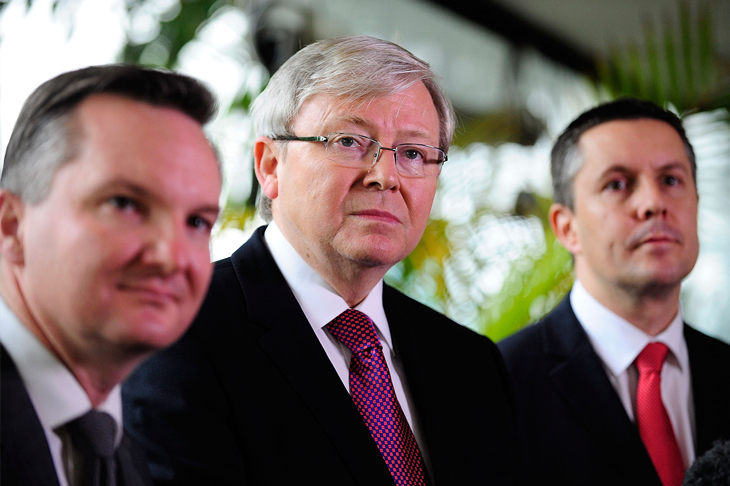
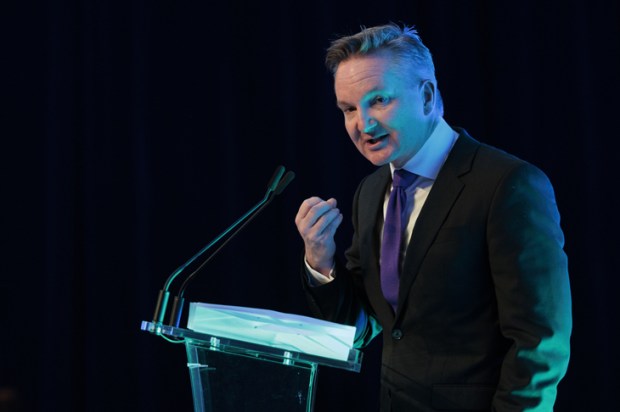
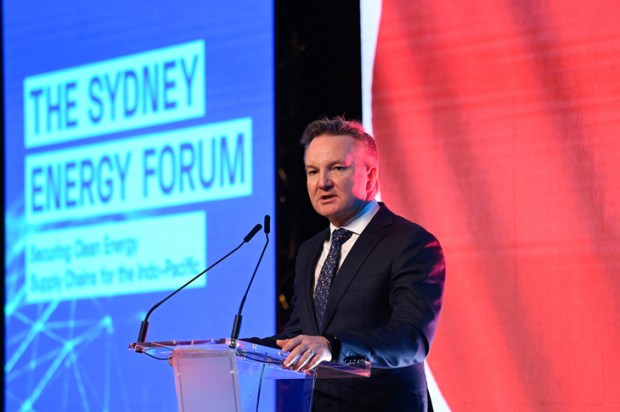
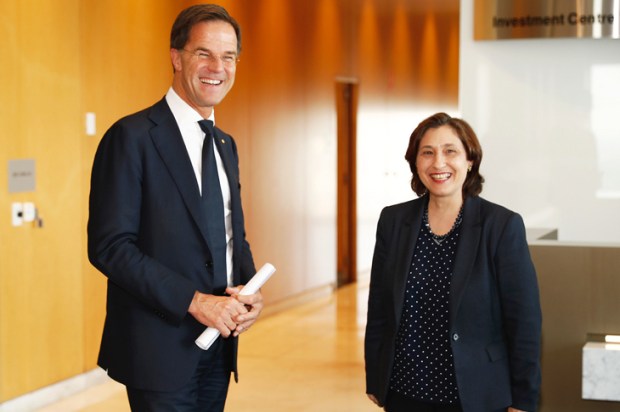

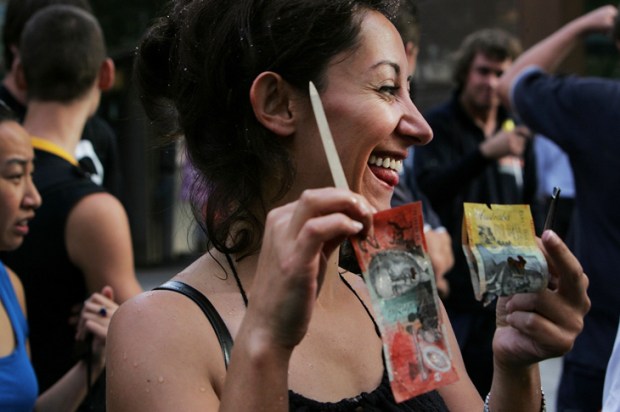
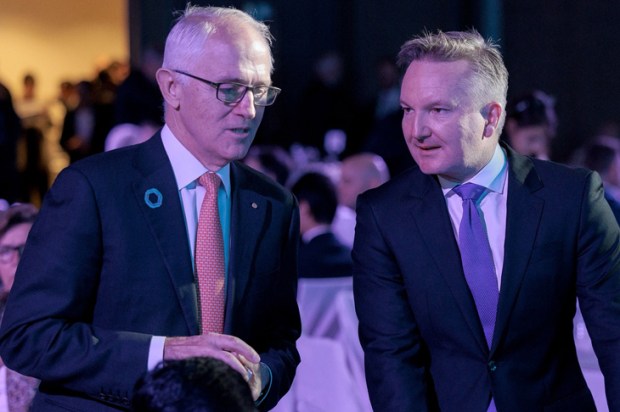






Comments
Don't miss out
Join the conversation with other Spectator Australia readers. Subscribe to leave a comment.
SUBSCRIBEAlready a subscriber? Log in